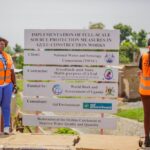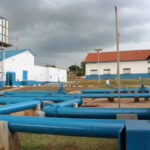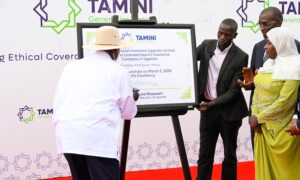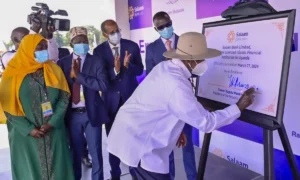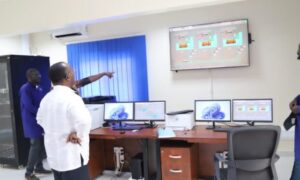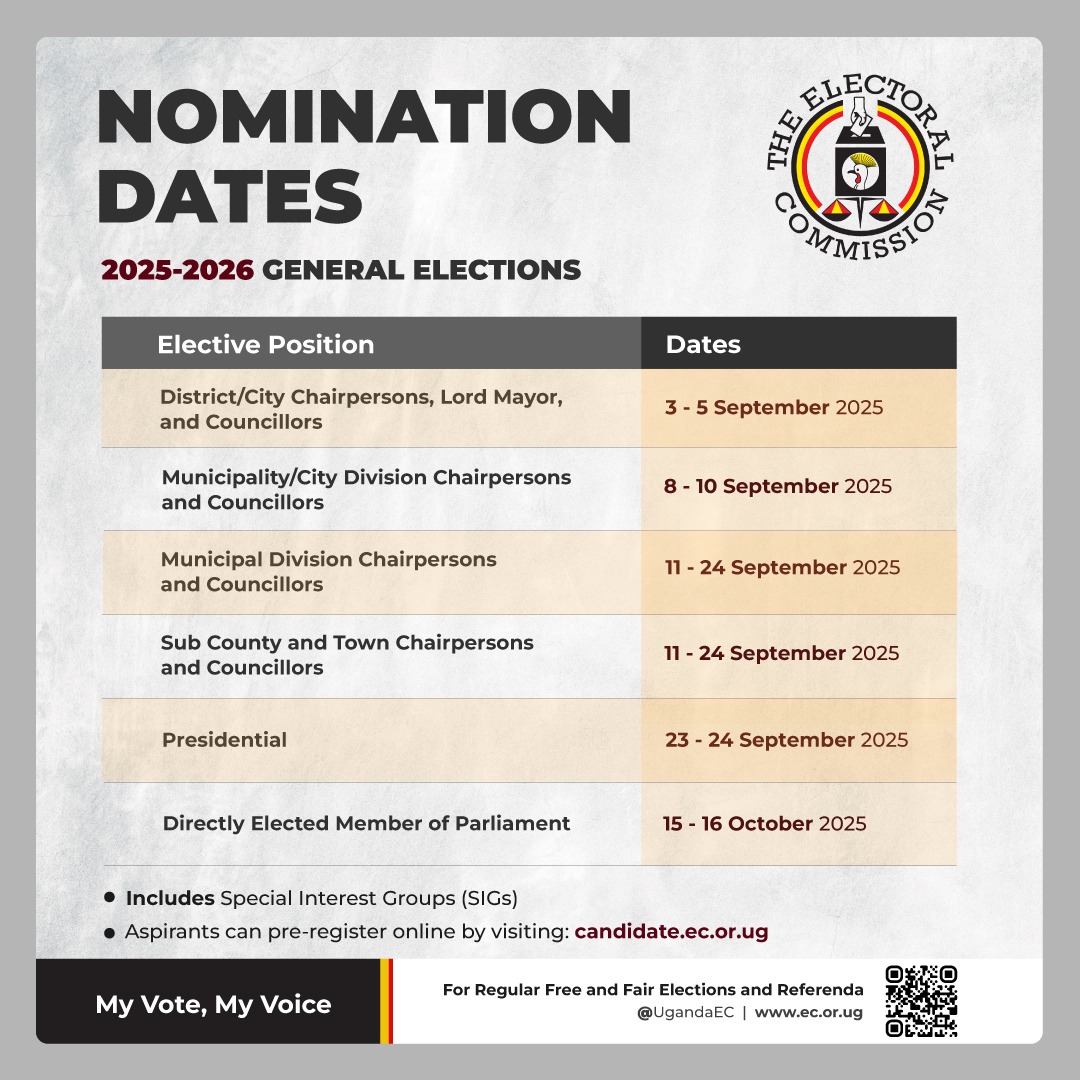GULU: CEED Uganda and the National Water and Sewerage Corporation (NWSC) have launched a joint initiative to protect the Oyitino Dam, the main water source for Gulu City and neighboring districts of Amuru, Omoro, and Gulu.
The dam has served the region for over 30 years, supplying water to more than 800,000 residents.
Despite its critical role, Oyitino Dam is facing increasing threats from human activities, including plastic waste dumping, hospital waste disposal, and encroachment on its feeder streams.
Cultivation along the banks and the erection of petrol stations in the Pece stream wetland—Gulu’s only catchment feeding the dam—have triggered alarm among environmentalists and local leaders.
“The amount of waste directed at Oyitino is unbelievable. Hospitals are dumping waste, plastic finds its way into the dam, and even the streams are being encroached upon by human activities and crop farming,” said Tekakwo Ivan, NWSC Public Relations Officer for the Gulu area.
Pece stream, which flows through the heart of Gulu City, is under particular threat. Petrol stations are being built in the wetland, despite public outcry and accusations of impunity.
Critics have faulted the National Environment Management Authority (NEMA) for failing to enforce regulations that would protect the fragile ecosystem.
Although Karuma Dam now supplements water supply to Gulu, officials say the city and surrounding districts still depend heavily on Oyitino, making its protection urgent.
Under a campaign titled the “Full Scale Source Protection Project,” CEED Uganda and NWSC are training local government officials from Gulu and Oyam on environmental laws and how to enact district-level by-laws to safeguard water sources.
The effort is part of the Gulu Water Source Protection Plan.
Luke Ofungi, the CEED Uganda director of CEED, said the project aims to equip leaders with legal knowledge to better protect the environment.
“Many of our local leaders are unaware of the national laws and by-laws governing water resources. This ignorance undermines enforcement,” Ofungi said.
“We want leaders to not only understand these laws but also lead their communities in enforcing them.”
So far, local government staff from Gulu and Oyam have undergone training and been urged to raise awareness among residents about district by-laws protecting wetlands and water catchments.
The project is supported by the World Bank and also seeks to help vulnerable communities that rely on wetlands for their livelihoods.
According to CEED Uganda, improving these communities’ income alternatives is key to reducing pressure on wetlands.
If unchecked, the degradation of Oyitino and its tributaries could leave large parts of northern Uganda without clean water.
With the partnership now active, stakeholders hope enforcement of existing laws, community sensitization, and livelihood alternatives will turn the tide.



